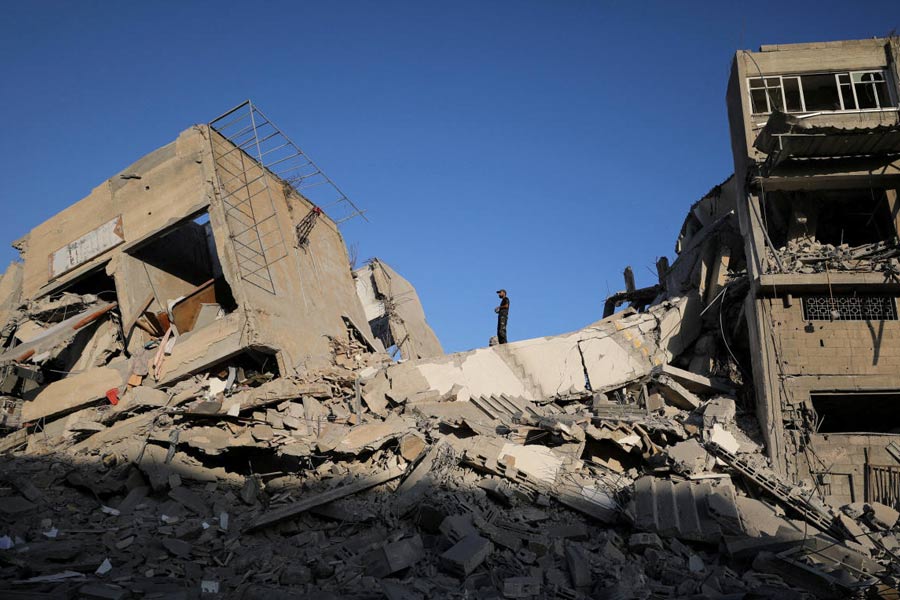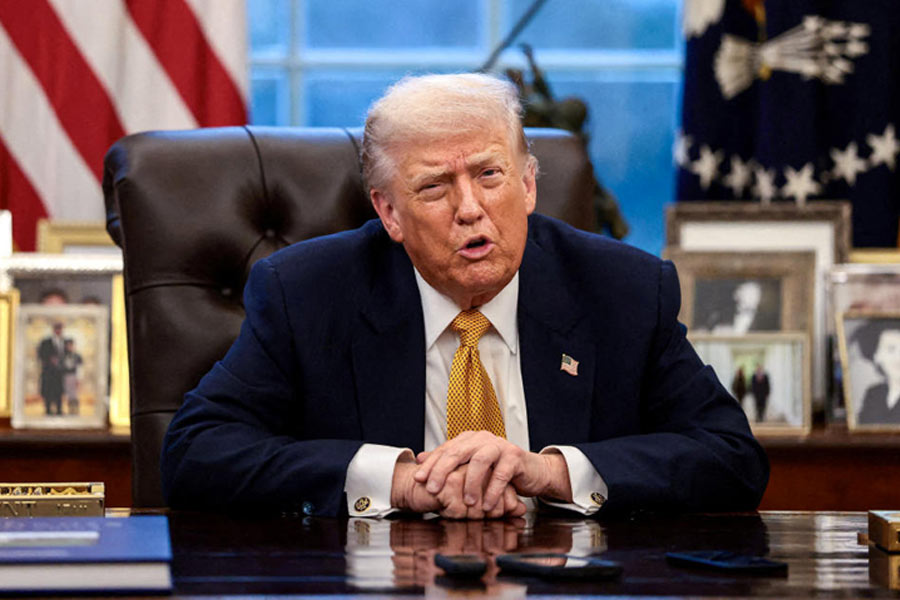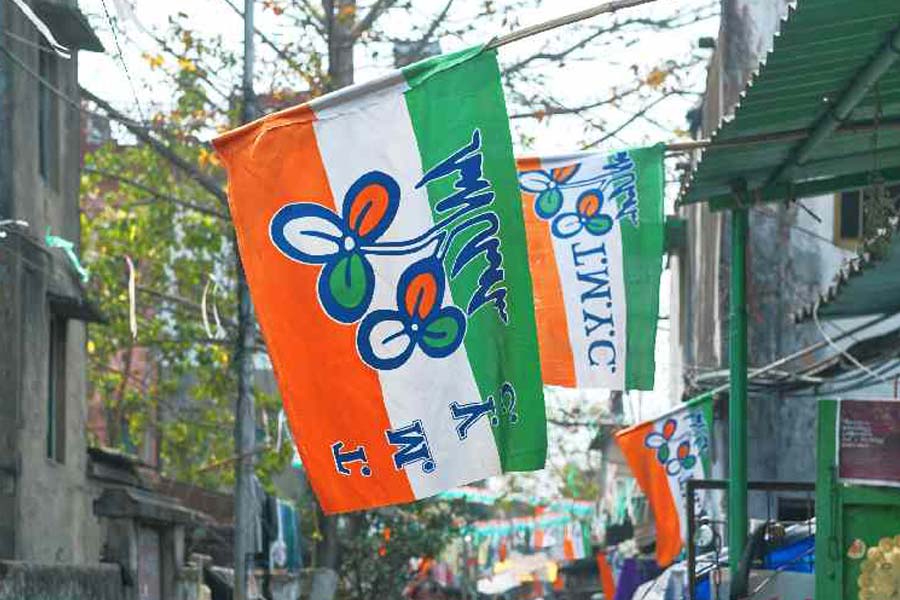Reading the mood of the room is an important quality in diplomacy — even with its depleted reputation as an institution of influence, the United Nations complex in New York is the one space that brings all countries together. Yet this week, as global leaders and foreign ministers gather in that city, India appears out of touch with the direction of the wind on a key issue that’s shaping the world — Israel’s war on Gaza.
Earlier this month, a UN body had declared for the first time Israel’s actions in Gaza as a genocide. Israel’s prime minister, Benjamin Netanyahu, has made it clear that he will not allow a Palestinian State to come into existence. This isn’t about Hamas: even a State led by other peaceful Palestinian factions, including the Palestinian Liberation Organisation’s Fatah political wing, isn’t acceptable to Netanyahu.
As one of the world’s first countries to recognise Palestinian statehood in 1988, that should be an affront to India. Yet Prime Minister Narendra Modi recently described Netanyahu as “his friend” even as that friend opposes and undermines the vision India officially holds for the Middle East.
In a cynical world, realists could argue that the balance of power in the Middle East and the delicate diplomacy that the region needs require India to avoid criticising Israel or distancing itself from the war on Gaza. But that’s where a closer reading of the tea leaves suggests that India might be missing a trick or two.
For long, recognition of Palestinian statehood was an article of faith primarily in the Global South. A majority of countries — numerically — recognised Palestine but most of the powerful West, and almost all of Europe, did not. That glass ceiling has now been shattered. Just this week, eight European nations — the United Kingdom, France, Luxembourg, Malta, Monaco, Belgium, Andorra and Portugal — as well as Canada and Australia have recognised Palestinian statehood. Since Israel began bombarding Gaza in October 2023, following the horrific Hamas attack on Israel, another 10 nations — Barbados, Jamaica, Trinidad and Tobago, Bahamas, Mexico, Spain, Ireland, Norway, Slovenia and Armenia — have broken with the past to join this club.
This does not mean that a Palestinian State is actually on the cusp of being realised. The United States of America would oppose it at the UN Security Council. The current war in Gaza and settler expansion in the West Bank mean that the prospect of creating a practical Palestinian State appears harder than ever.
But it is the growing global momentum against Israel’s atrocities in Gaza that this spate of recognitions points to. India, despite being an early and consistent champion of the Palestinian right to statehood alongside Israel, now risks being out of step with that international mood.
Last week, the European Union imposed sanctions on the far-Right Israeli ministers, Bezalel Smotrich and Itamar Ben-Gvir. Smotrich and Ben-Gvir have been at the forefront of a movement to annex the West Bank and remove all Palestinians from Gaza. Yet just a week before the EU sanctioned him, Smotrich was in India, being hosted by the finance minister, Nirmala Sitharaman, who has described the destruction of Gaza as a “real estate bonanza”. The United Kingdom, Australia, Canada, New Zealand and Norway are some of the other countries that have imposed sanctions on Smotrich. India welcomed him.
This isn’t just about history judging where India stood when a population that New Delhi claims to support was starved as an act of war. This isn’t only about a country appearing immoral, even hypocritical — deepening ties with an Israeli government opposed to India’s positions on the two-state solution and international law.
This is about a strategic miscalculation.
India knows that resilience — and having moral authority on your side — against a nation more powerful ultimately forces the world to bend. Now, the world is bending on Palestine amid the horrors of Gaza. What about India?
Charu Sudan Kasturi is a journalist who writes on foreign policy and international relations










